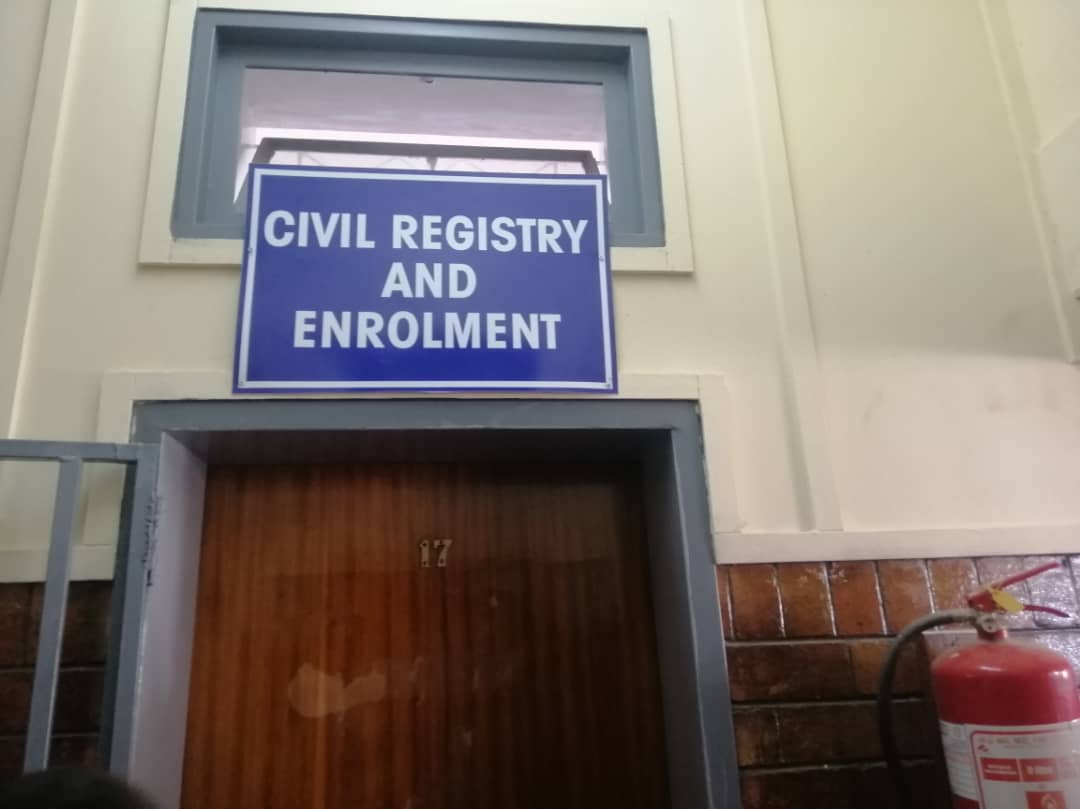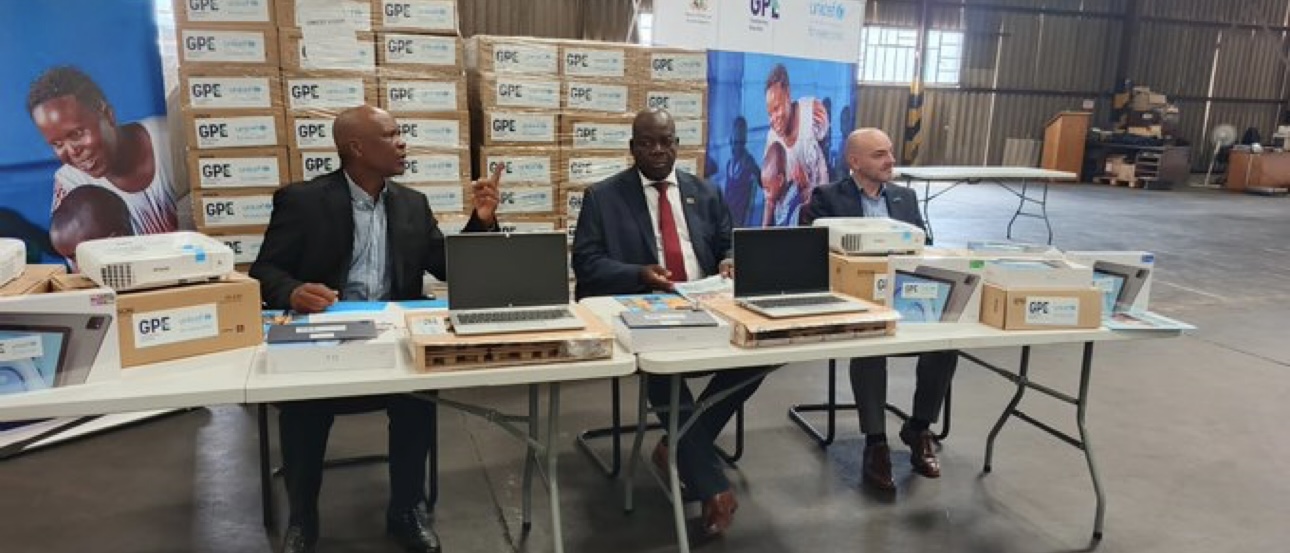BY NOTHANDO DUBE
Hwange residents have welcomed the opening of an e-passport office in the coal mining town as they no longer have to travel to Lupane to apply for national identity documents and passports.
The new passport office and e-passport bio-metric centre was officially opened on Friday at the Hwange district administration office by Home Affairs and Cultural Heritage deputy minister Ruth Maboyi.
Previously people from Hwange and Victoria Falls had to travel to Lupane to apply for passports.
Maboyi said Hwange became the second district in the country to get a passport office after after Chitungwiza.
“Hwange district, for which we are gathered here today to celebrate its official opening, is the second district registry office to which the e-passport services have been cascaded after Chitungwiza district in Harare Metropolitan Province,” she said.
“Other districts which are earmarked for this development this year are Murewa, Beitbridge and Zvishavane.
“This welcome development is a constitutional mandate by the government as set out in Section 66 (1) (c) of the constitution of Zimbabwe Amendment [No.20] Act 2013, every Zimbabwean citizen has the right to a passport or other travel documents.
She added: “The Ministry of Home Affairs and Cultural Heritage through the Civil Registry Department has an obligation to ensure that every eligible person has access to these vital documents”.
“I am aware of the high demand for travel documents by our citizens and as a ministry, we have therefore, taken a deliberate stance to improve service delivery through decentralization of our services.”
Maboyi said the development was part of the National Development Strategy1 whose key priorities, among others, is to bring services closer to the people and to facilitate ease of doing business.
“It is worth noting that decentraliSation of services is one of the programmes that has had the deepest and most far-reaching impact on the lives of our people,” she said.
“It empowers local communities, ensures accessibility of services and reduces the distance citizens travel to obtain the desired services”
“Hwange district is primarily a mining and tourism district, which is contiguous to our borders with Botswana and Zambia.
“This makes Hwange Registry Office strategically located to cater for applicants in areas such as Victoria Falls, Binga and other surrounding rural and mining communities.
“For this reason, my ministry decided to make Hwange the second district to offer e-passport services”.
“Civil registration documents are crucial in the life cycle of an individual and provide citizens with the right to participate in the economic, social and political developments of our nation as we strive towards the attainment of our national vision, of an empowered upper middle income economy by 2030.”
The deputy minister urged Hwange residents to take advantage of the new passport office and get necessary documents.
“May I therefore, take this opportunity to encourage the people of Hwange and surrounding communities to take advantage of this opportunity and fully utilize the registry office to obtain civil registration and travel documents,” she said.
“The realisation of the Hwange e-passport bio-enrolment centre is a culmination of our partnership with Garsu Pasaulis (GP) AUB, through a build own operate and transfer (BOOT) arrangement.
“Let me take this opportunity to convey my Ministry’s special appreciation and gratitude to Garsu Pasaulis for their support in our efforts to improve the lives of our people.”
Zimbabwe introduced e-passports last year.

 Slider3 years ago
Slider3 years ago
 National4 years ago
National4 years ago
 Tourism and Environment4 years ago
Tourism and Environment4 years ago
 Special reports4 years ago
Special reports4 years ago
 Opinion4 years ago
Opinion4 years ago
 National4 years ago
National4 years ago
 National3 years ago
National3 years ago
 National3 years ago
National3 years ago



